Next-Gen BMW X5 showcases hydrogen fuel cell technology in the context of Neue Klasse overalls.
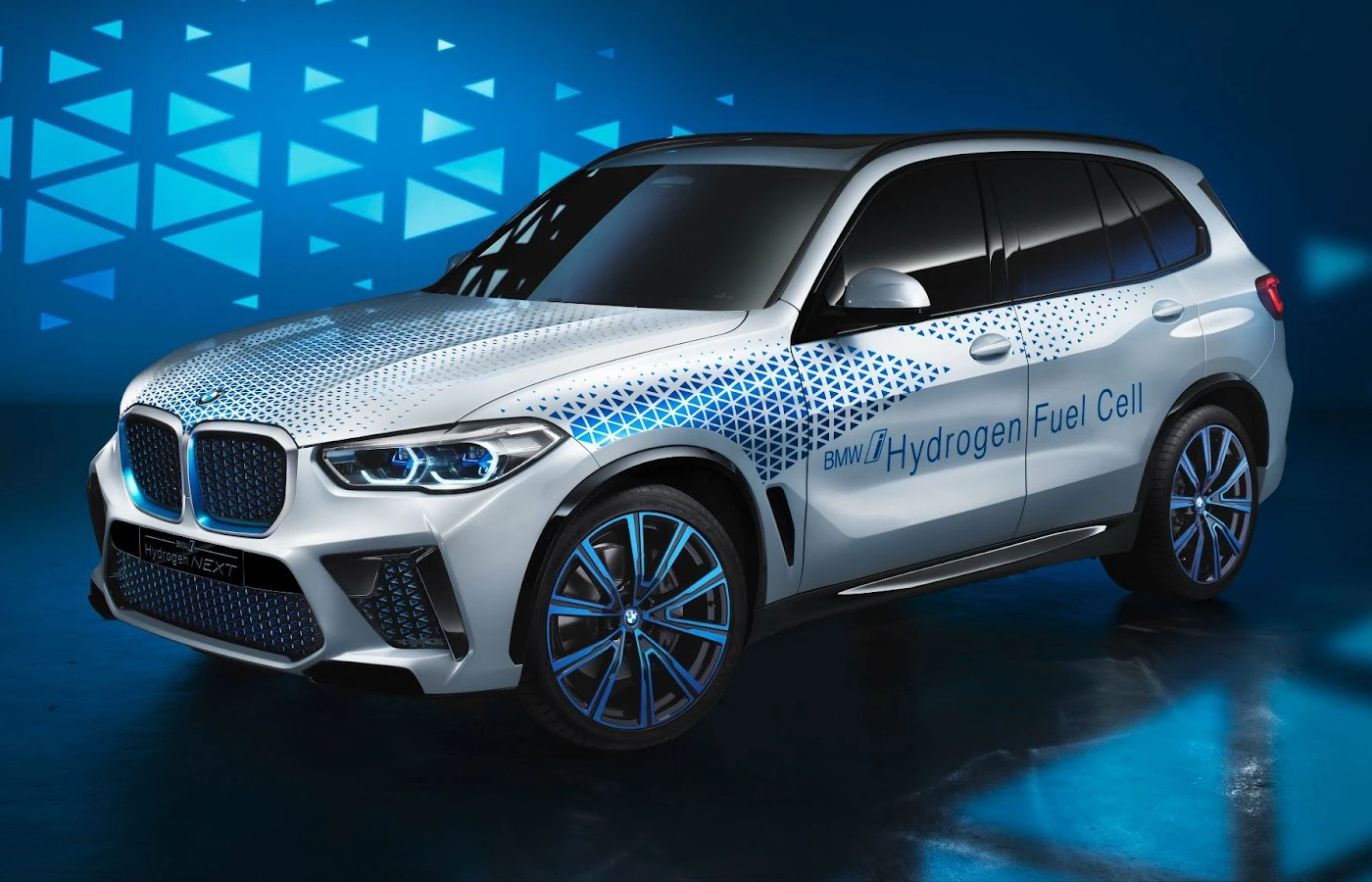
The next-generation BMW X5 is all set to launch in early 2026 and will be available with nearly all the powertrain options invented till now. Apart from the predictable options like petrol, diesel, and plug-in hybrid options.
BMW has confirmed that its luxury SUV will be the first all-electric offering with hydrogen fuel cell-powered models, which signifies that the next generation X5 will be coming with two types of fully electric drivetrains.
BMW iX5 Hydrogen Expected Design
The BMW iX5 Hydrogen-powered variant could debut sometime in 2028 as the company’s first hydrogen-powered series-production model. The next-gen iX5 is currently under heavy camouflage, assuming its wraps will only unfold next year until we can clearly witness what has been packed with the Neue Klasse design language extensively used on this SUV.
.webp)
However after looking at the test mule, it is evident that it will feature an upright front fascia that is a retro inspired vertical kidney grille also seen on the newly launched iX3 featuring sleek, modern headlamps highlighted on the both sides.
A close view of the side profile signifies that the new X5 won’t come with traditional door handles and instead will bring fresh unique aerodynamic creases running across the beltline. The SUV’s silhouette is flanked with a stylish rooftop spoiler, followed by the rear-end that retains the original split taillight design.
However, the test versions were equipped with small placeholder taillamps, but it is expected that the production model is likely to feature wider LED elements that stretch across the center, which has a striking resemblance with the iX3’s rear end.
 (1).webp)
BMW iX5 Hydrogen: Are Fuel Cells Feasible?
Decoding the Hydrogen’s drivetrain technology as it is based completely on the third-gen fuel cell system, which the BMW Group is jointly developing with Toyota Motor Corporation. As per BMW, this highly advanced new-gen system has a sleek yet compact design and will generate more power and efficiency than past generations, thus providing increased range and power by regulating the energy consumption.
If we compare hydrogen fuel cells with traditional battery electric powertrains, they have certain advantages over conventional batteries.
- Hydrogen fuel cells generally boast a higher energy density than conventional batteries which helps them to provide enhanced performance, especially in heavy-duty applications. On the other hand battery EVs have to be equipped with larger battery packs in order to seamlessly carry out the same tasks.
- Hydrogen fuel cells are more durable and reliable than conventional batteries and generally have a longer battery lifespan with less frequent maintenance. Regular battery EVs degrade over a period of time, mainly due to regular charging cycles.
.webp)
- The electric vehicles equipped with hydrogen fuel cells primarily offer longer driving ranges and rapid charge up of batteries, which can take a refueling within 5 minutes, which is pretty similar to petrol and diesel powered vehicles.
- Battery EVs need a considerable amount of time to charge the batteries which can range from 30 minutes to hours, depending on the source of charging and particular size of the battery pack.
Current Developments in Hydrogen Fuel Cells
However, going by the current market dynamics, petrol, diesel, PHEV and battery electric variants will be witnessing a strong demand globally, the iX5 Hydrogen will be strictly restricted to few regions and this is due to the extremely limited availability of fuel cells stations around the world. The total number of fuel cell stations is less and is limited to 1000. However this number is projected to grow before the expected 2028 deadline, and that’s why BMW will not be selling these models globally.
.webp)
These significant advantages are the reason why highly advanced companies like BMW are doing R&D in expanding the hydrogen refueling networks to make hydrogen mobility economically viable which will bring it to reality soon.
The company states that currently this project is focussing on generating demand for hydrogen-powered electric vehicles from commercial vehicles like trucks, buses, and passenger cars in order to effectively optimize the network and heavy usage of hydrogen stations.
BMW has also started a pilot project in countries like Germany and France, with further plans to rapidly expand it in big urban areas, followed by other countries based on the projected results.
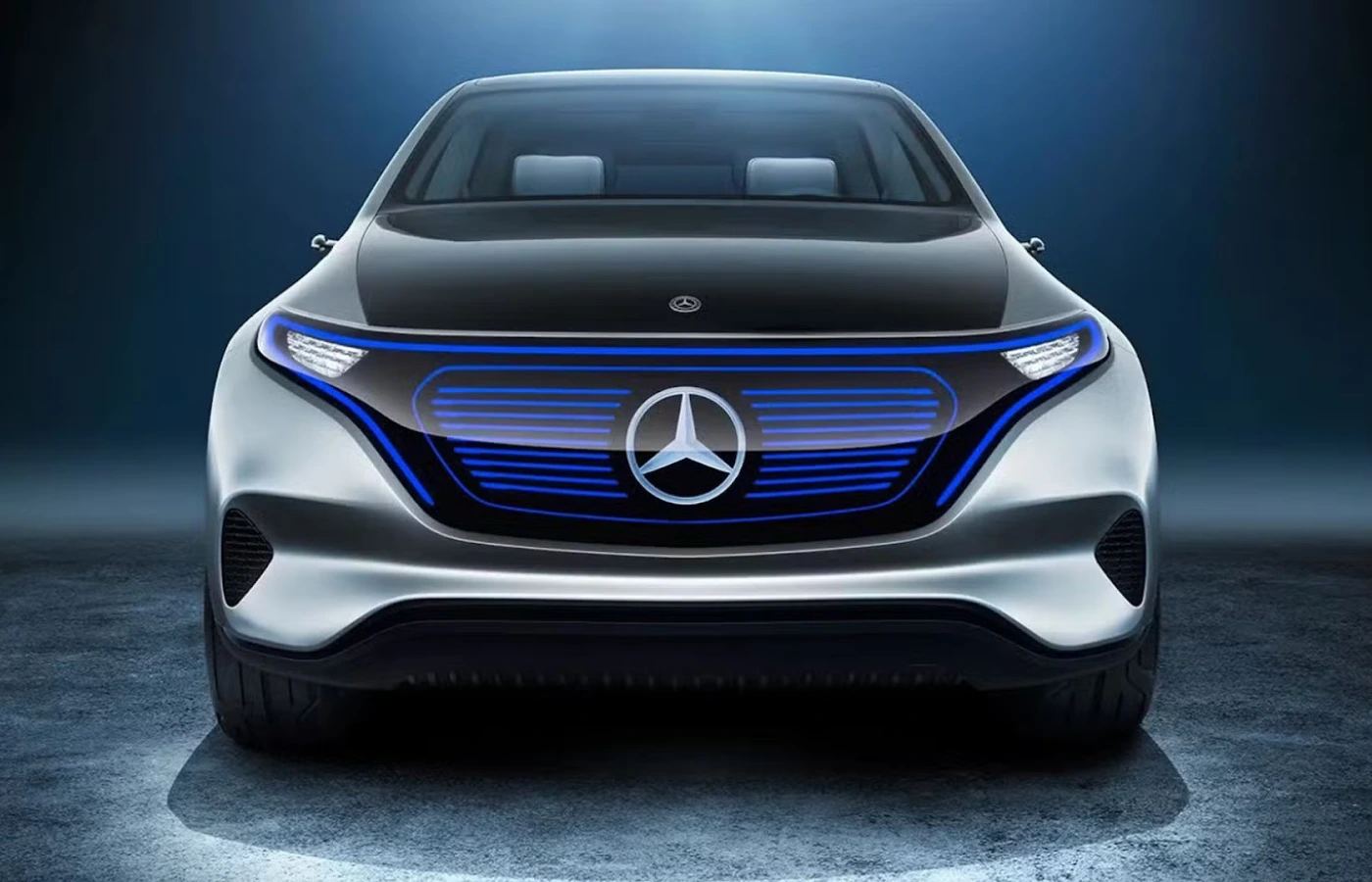
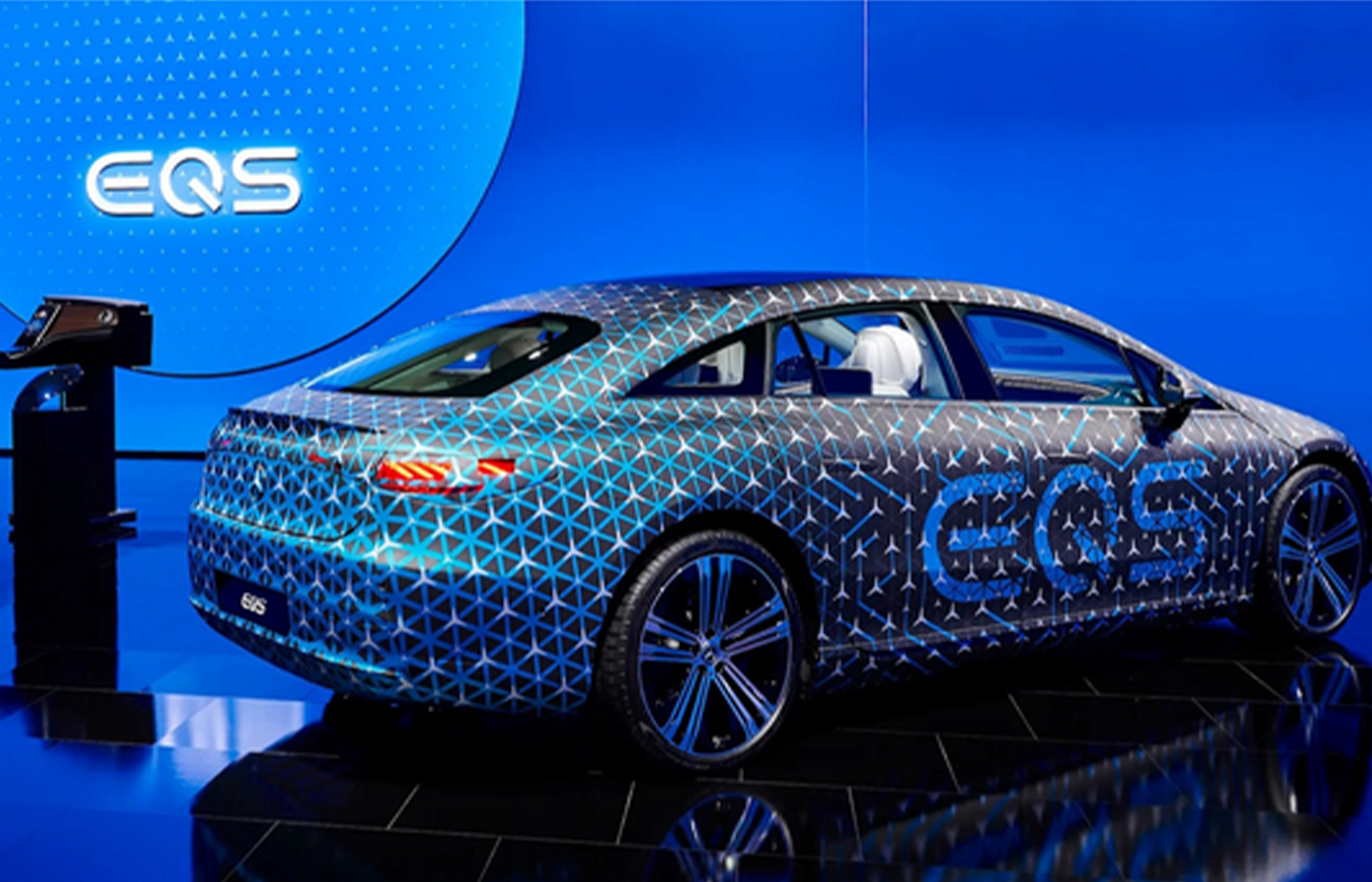
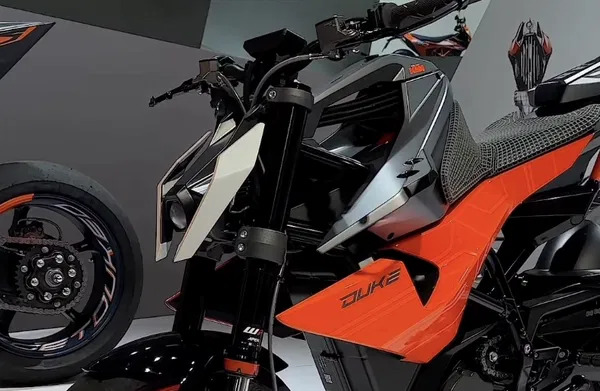
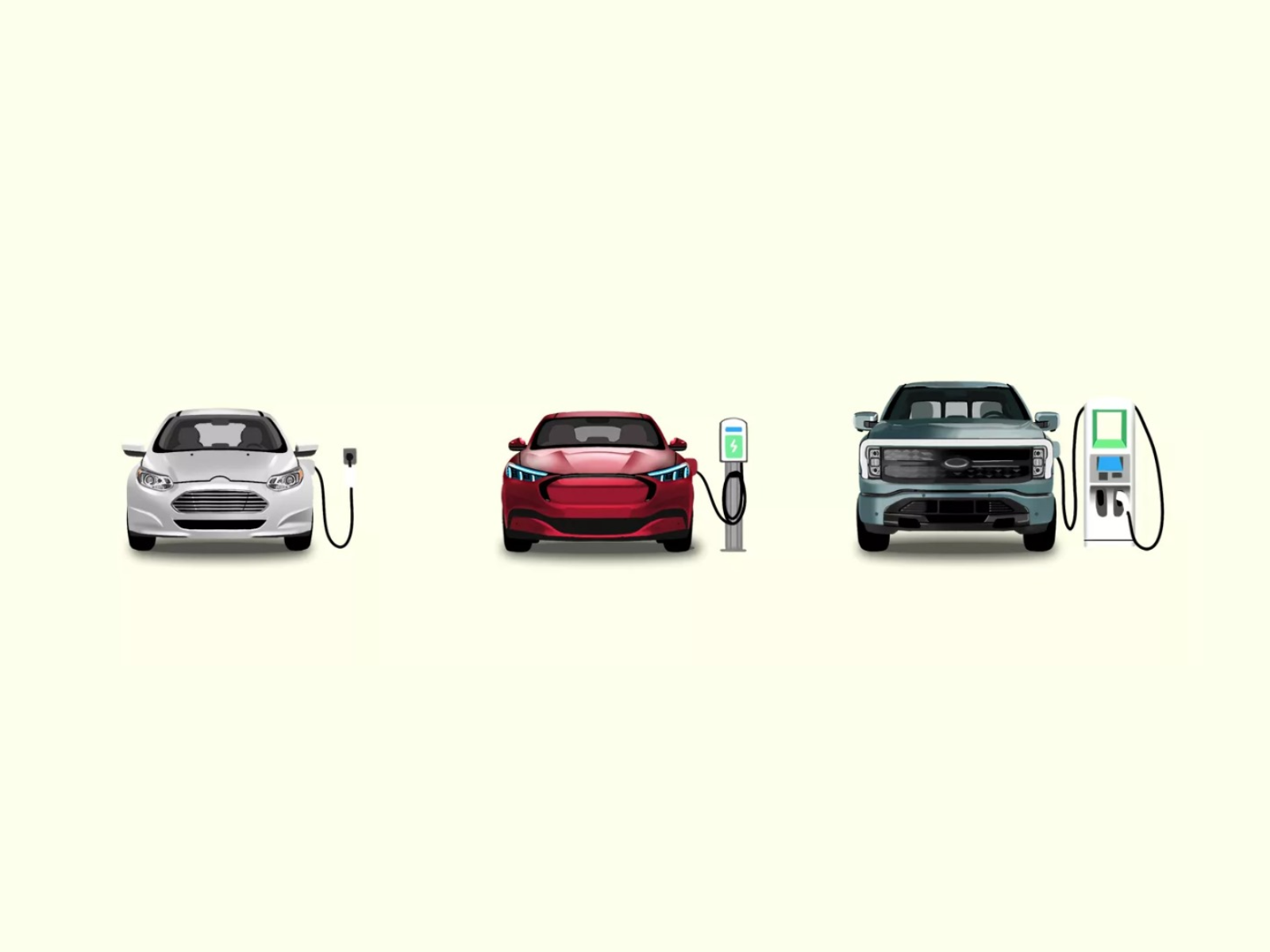
.webp)